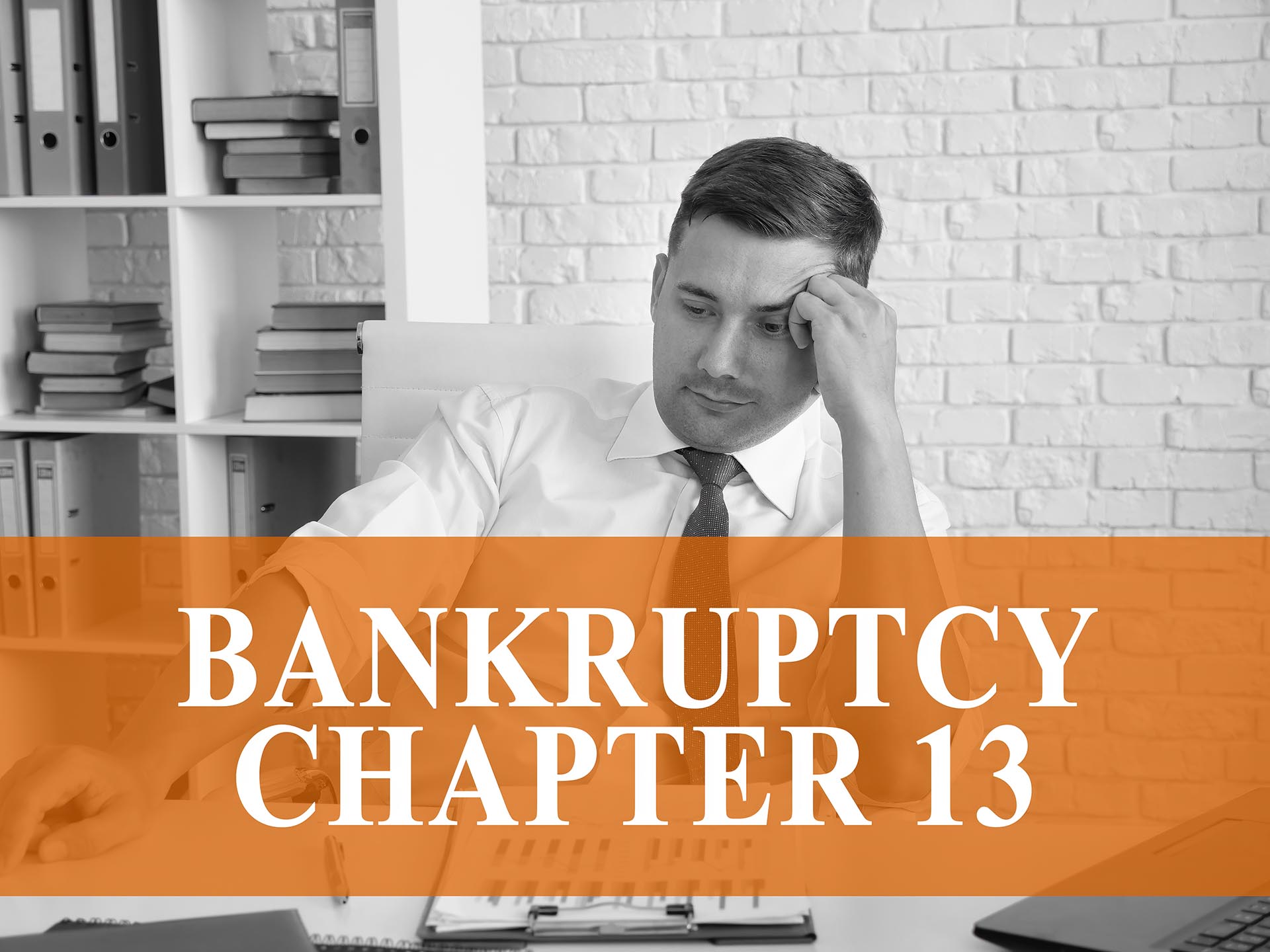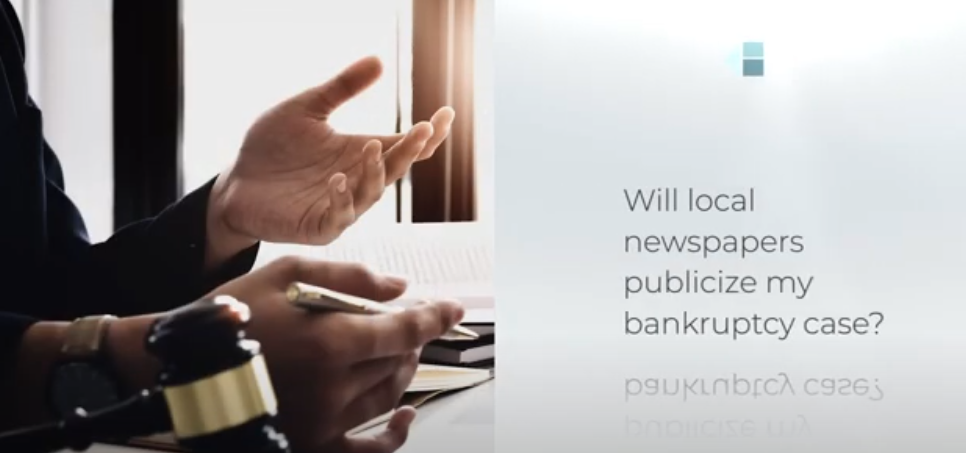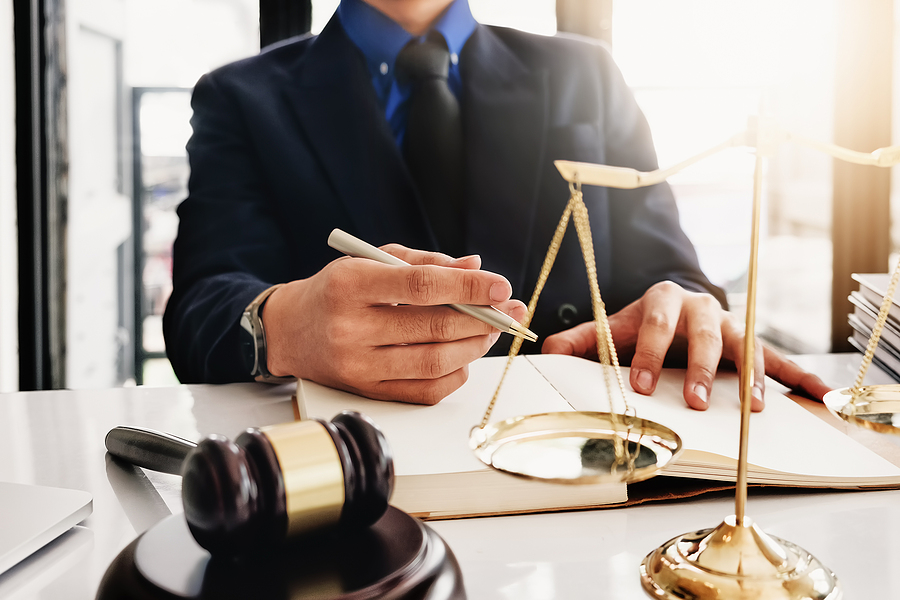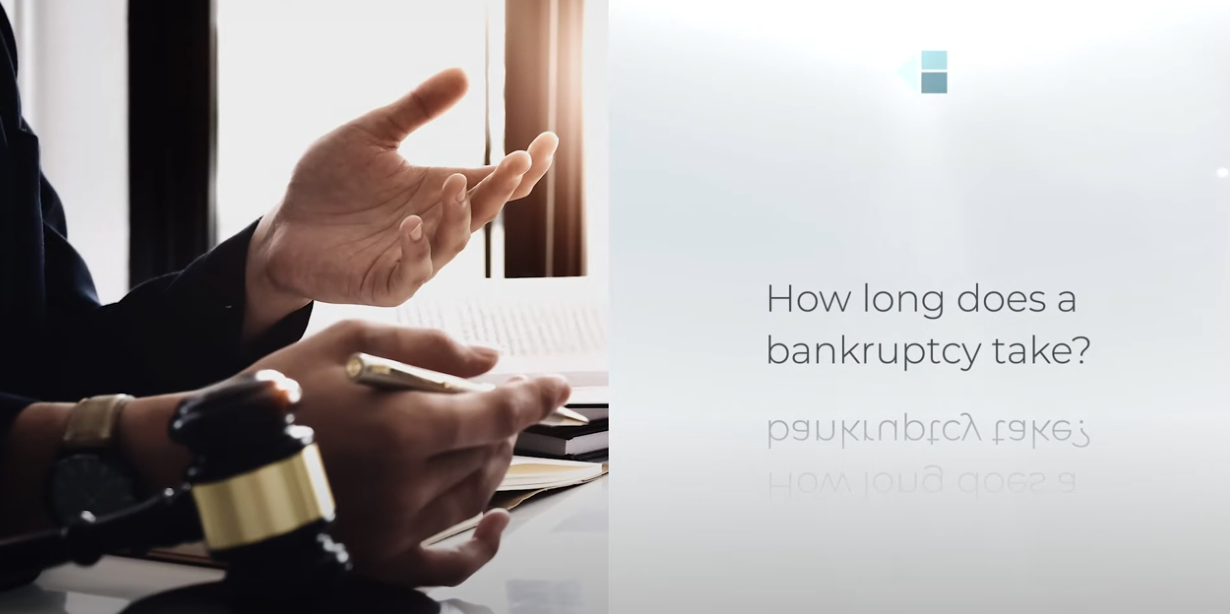Bankruptcy is the final option in fixing your finances, and for good reason. If everything else has failed, bankruptcy still allows you to get everything back under control. Some hard decisions may need to be made, but you’ll see financial relief by the end so that you can start your life again without crippling debt. Let’s look at a few ways to maximize debt relief from a Chapter 13 bankruptcy lawyer.
What is Chapter 13 Bankruptcy?
Chapter 13 bankruptcy may be the least destructive way to file bankruptcy for most people. In Chapter 13, the goal is to set up a repayment plan to pay back as much of your debt as possible in five years. Where other forms of bankruptcy go straight to selling assets, which is what everyone fears, Chapter 13 does not do that. Instead, it looks at assets that you have that can generate income, including your job, and finds a way to repay debts with that income. True, you may be required to sell extra assets to pay down specific debts, but you will be left with most of what you have and work to pay it off rather than losing everything.
Consolidation is the Key
To achieve all this, your debt is consolidated into a single entity so that you only make one monthly payment. A trustee is appointed to oversee a trust with all your assets and debts. You pay the trust one consolidated debt payment, and the trustee handles the rest of the payment process. You are no longer hounded by many creditors and focus on that one monthly payment.
Core Assets Are Safe During Bankruptcy
As long as certain assets like your house or car meet specific requirements, they are protected during the bankruptcy process. They cannot be repossessed or foreclosed on while dealing with bankruptcy, so you will always have a place to live and a car to get around in. It can be a significant relief to not worry about the bank or a car lender always coming for your assets.
Some Debts May Be Discharged Entirely
Each type of bankruptcy has specific rules about which debts can be discharged (erased) and which cannot. Chapter 13 allows the discharge of some debts that are not applicable in other types of bankruptcy.
When a debt is discharged, you are no longer liable for it. That means you could go into bankruptcy and end up owing less because some of your debts are discharged. It depends on your payment plan and what you owe, but your lawyer may be able to lower your overall debt load this way.
A Bankruptcy Lawyer Can Help You Move Forward
If bankruptcy is beginning to look like your best option, then a bankruptcy lawyer can help you move forward. They need to look deeper at your situation to find the best way to proceed. Schedule a consultation with the legal team at Kain + Henehan by calling us at (612) 438-8006 for advice on what steps to take next.







